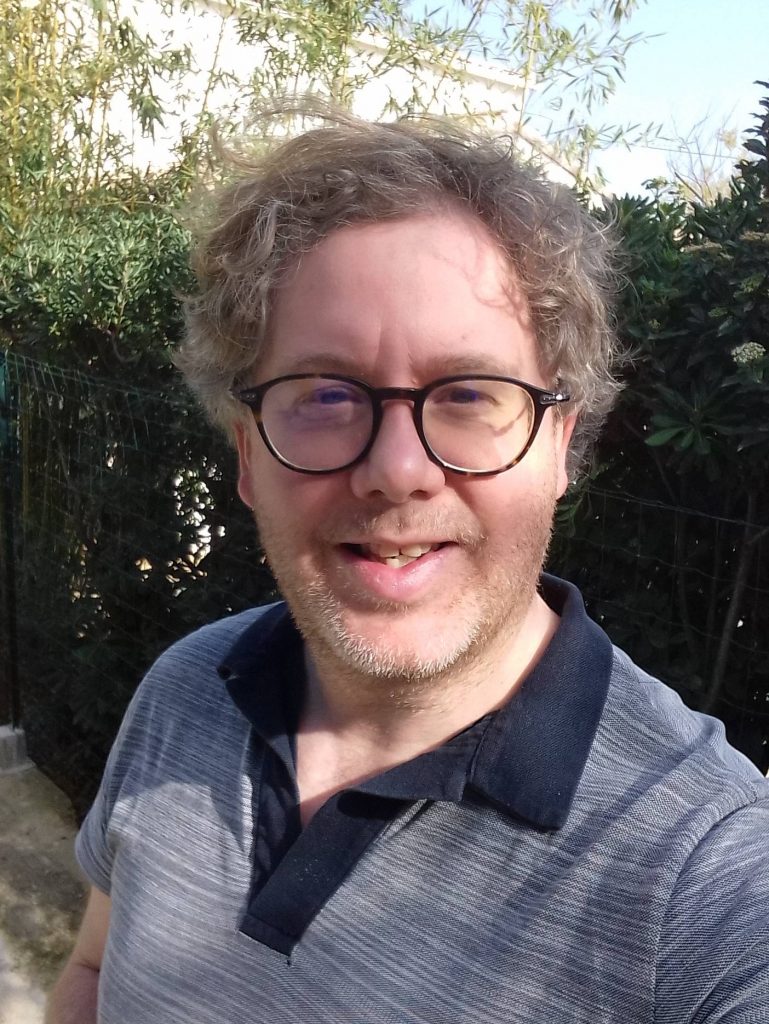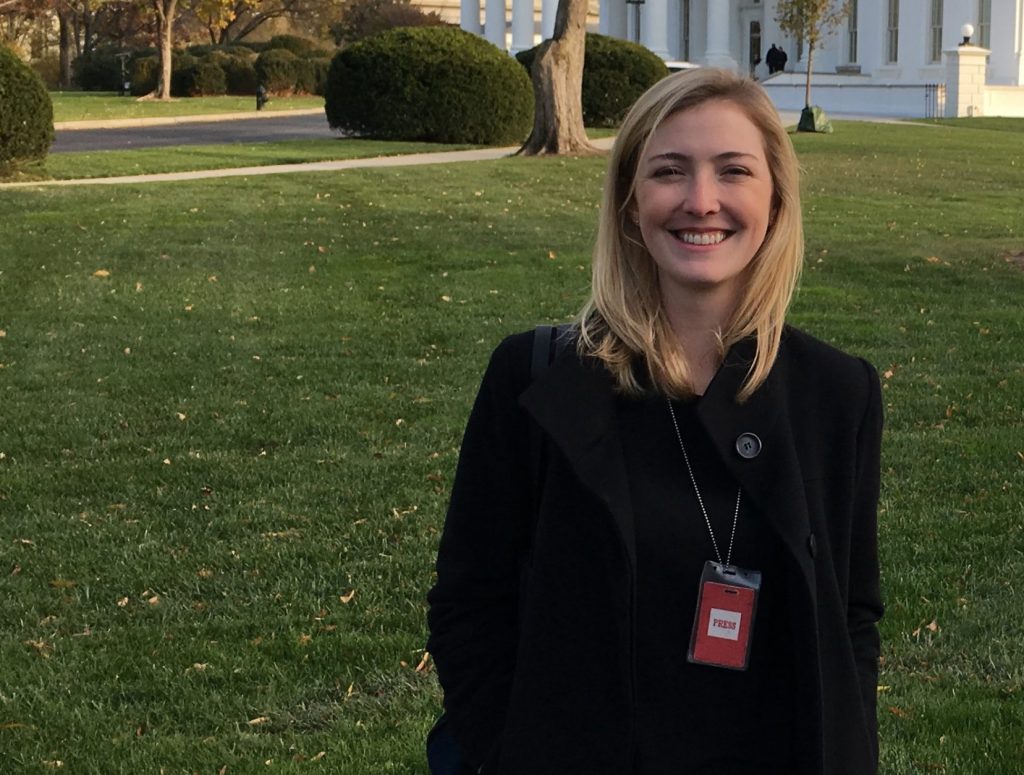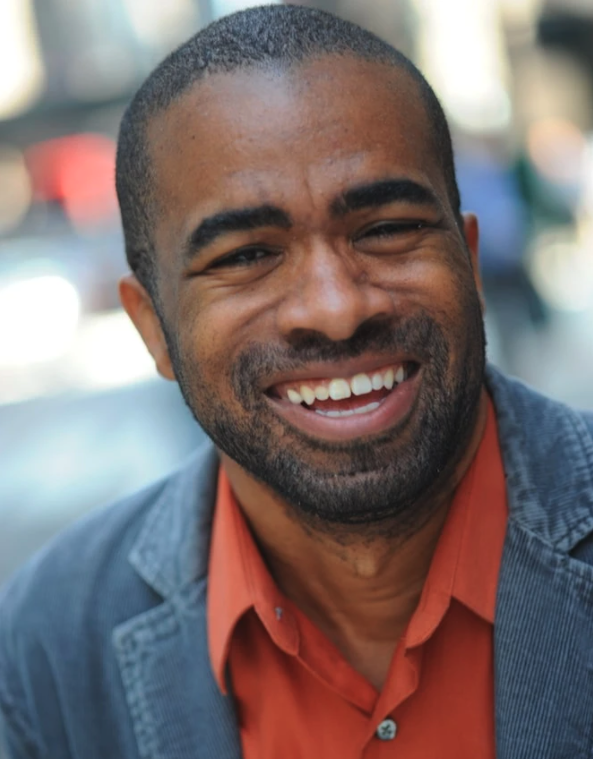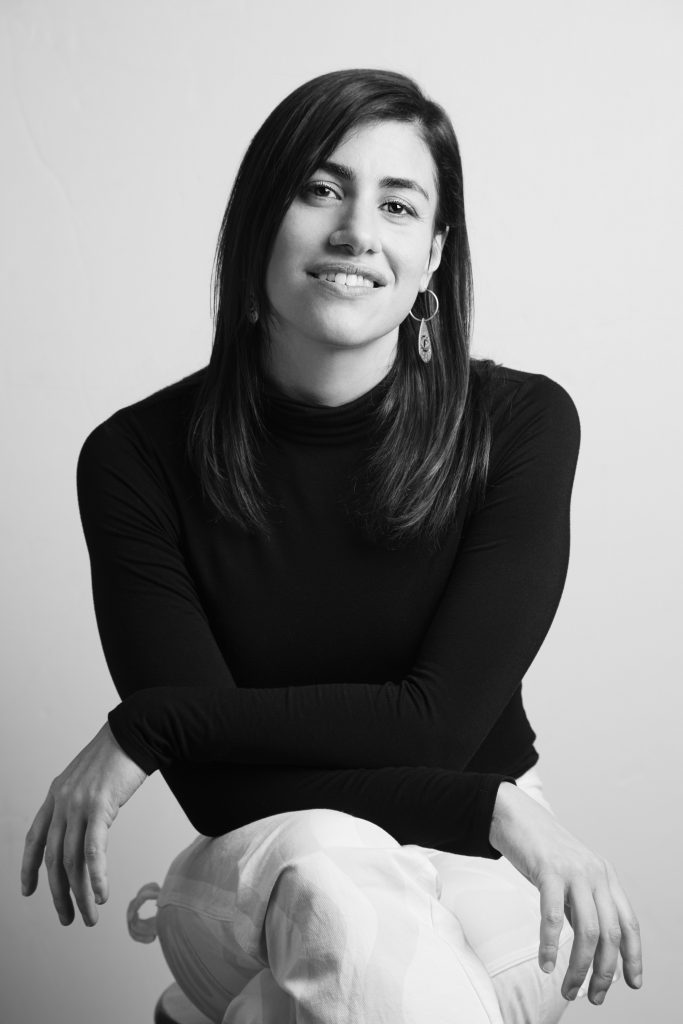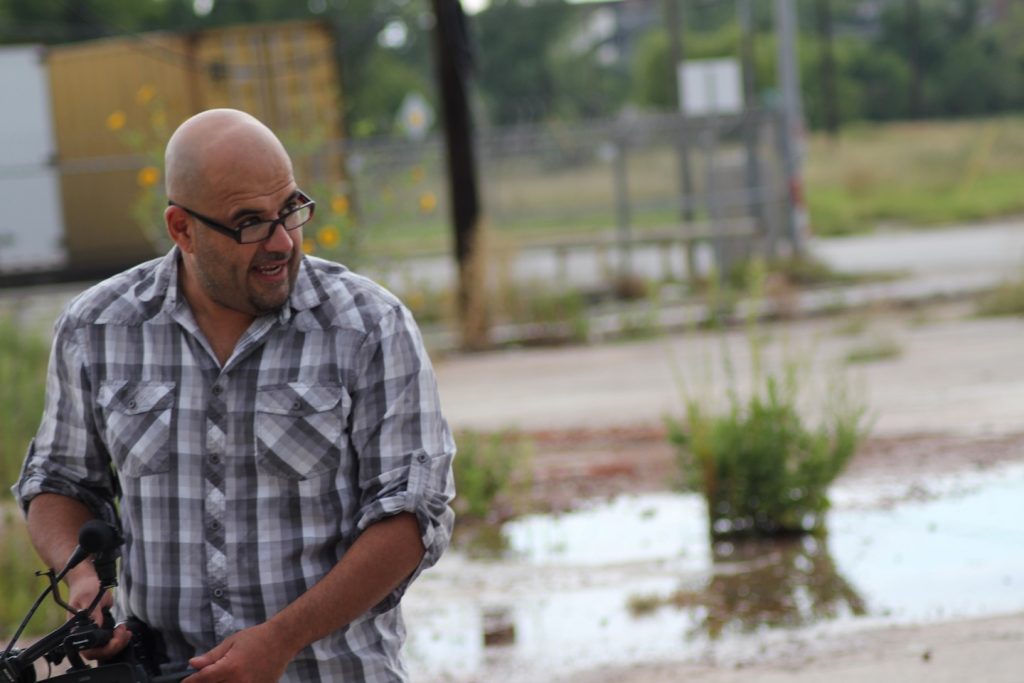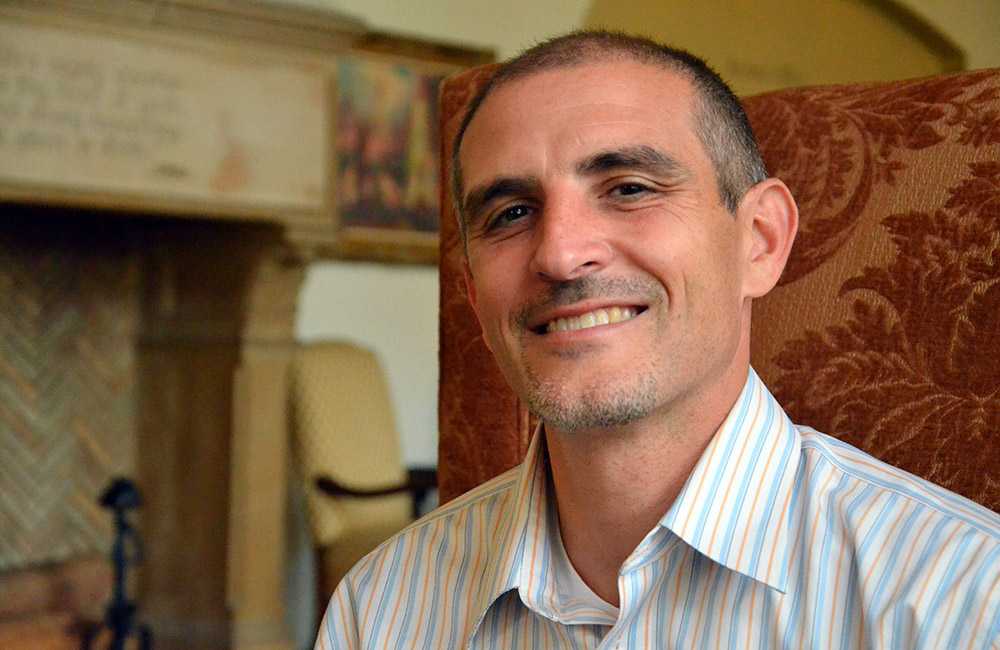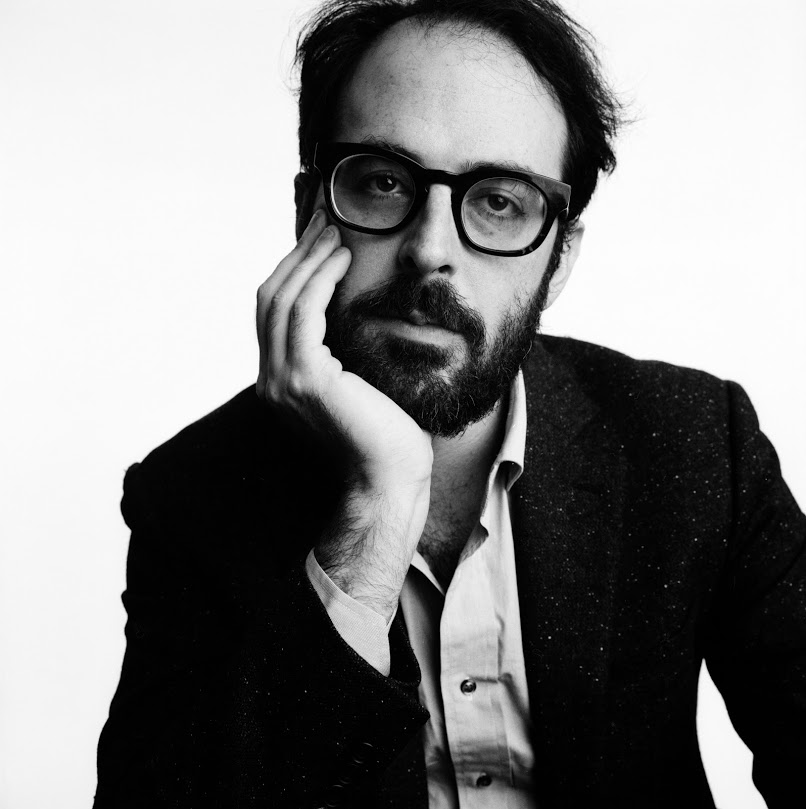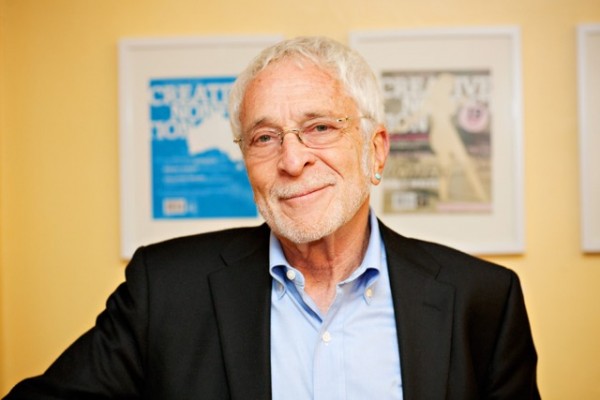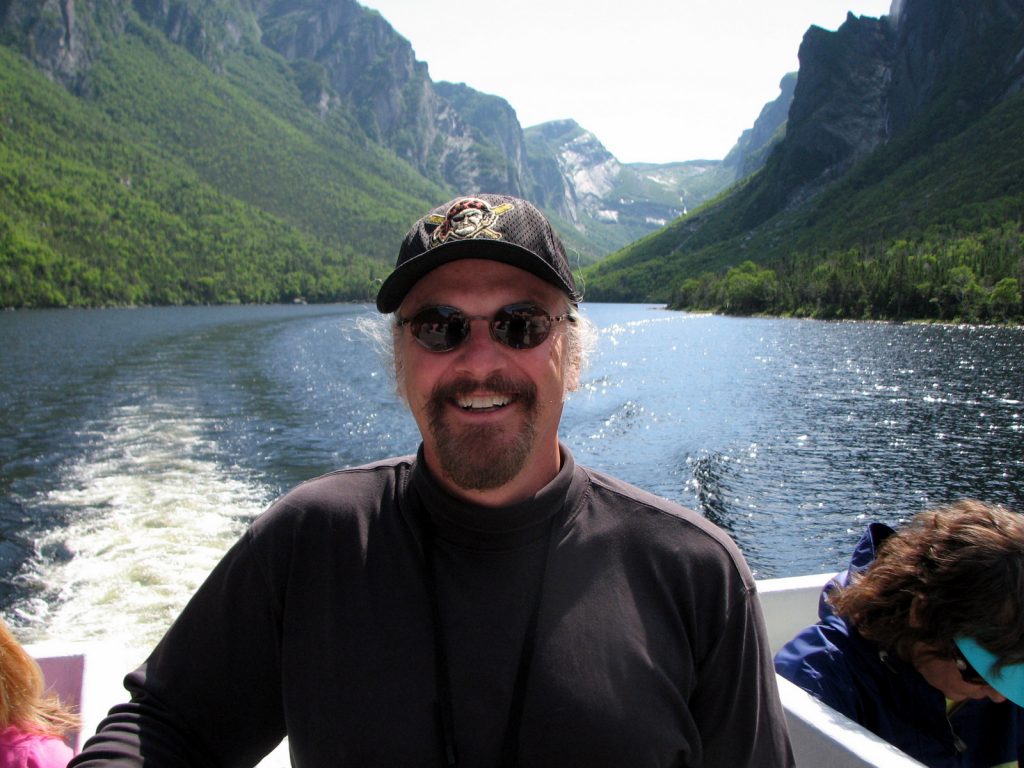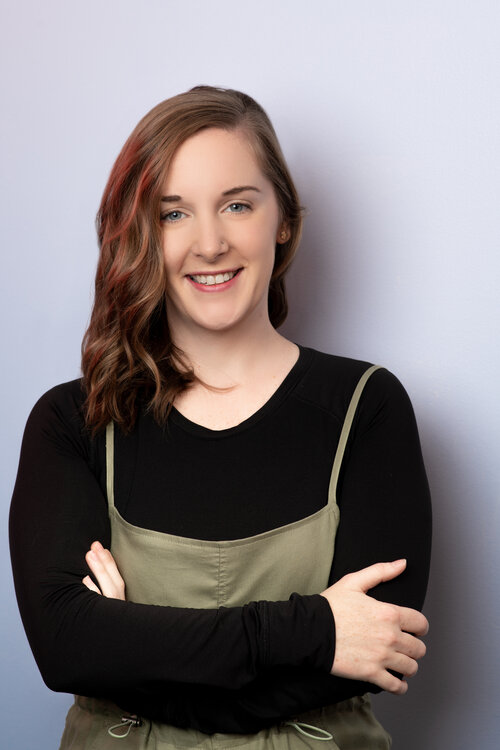
She’s a freelancer and she is not a struggling freelancer in the ways that many of us identify as a struggling freelancer, which is to say: we po’.
Jenni, @jenni_gritters, along with her co-pilot on The Writers’ Co-op Podcast Wudan Yan, are thriving. Through strategy and rigor, Jenni is a six-figure earner, this during the pandemic, this when many writers are struggling to make a go of it.
She turned her skill into money, which allows her to double down on her skill and do more projects that are more personal-driven.
I like to think of some content/branded writing gigs like when Jake Gyllenhaall does a blockbuster movie so that he can then do the art-house stuff he probably wants to do. Book your Marvel movie, then go write your memoir. Haha.
Continue reading “Episode 246: Jenni Gritters on the Freelance Life, Not Waiting for Perfect, and Sh*t Sandwiches”